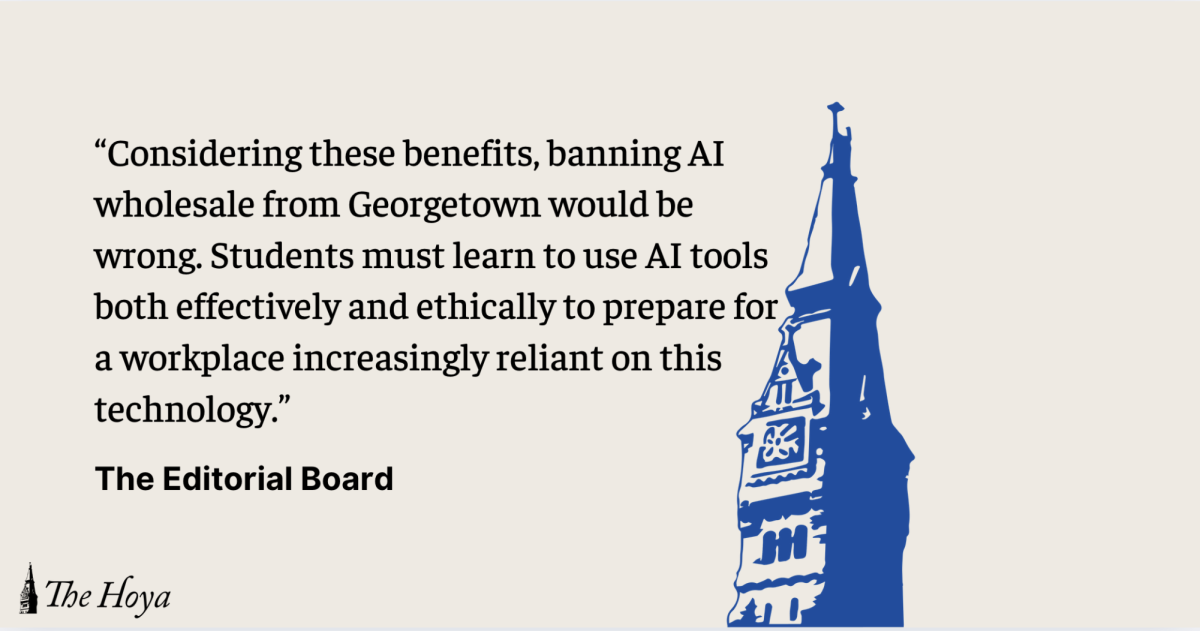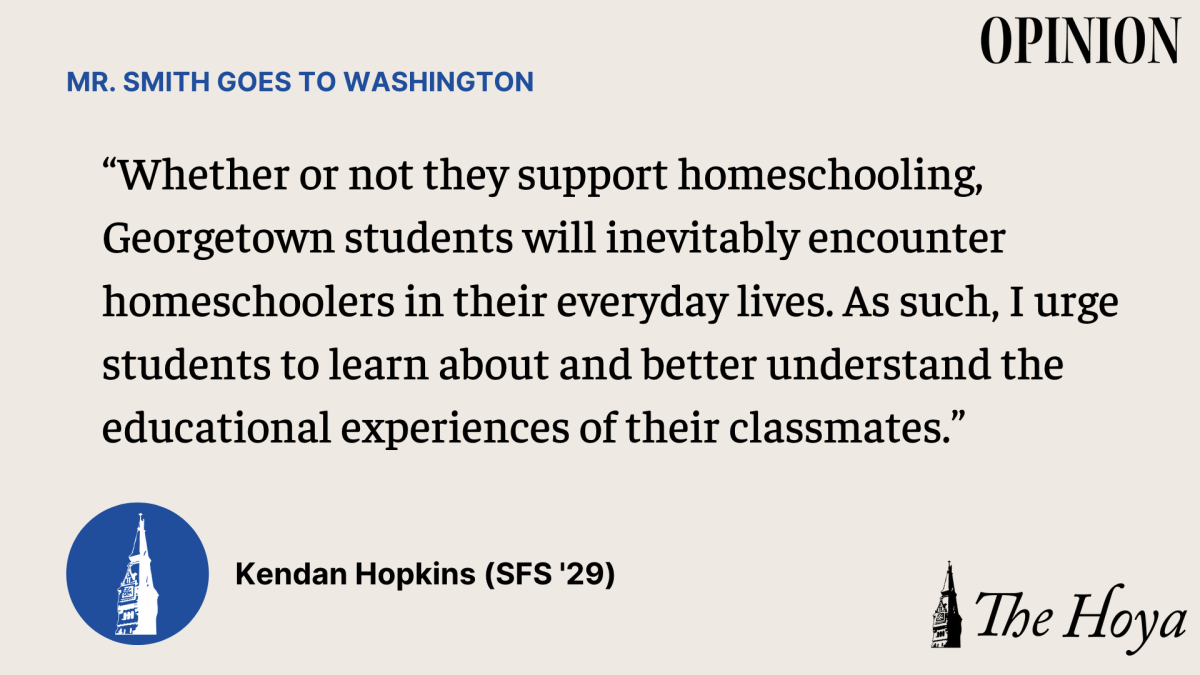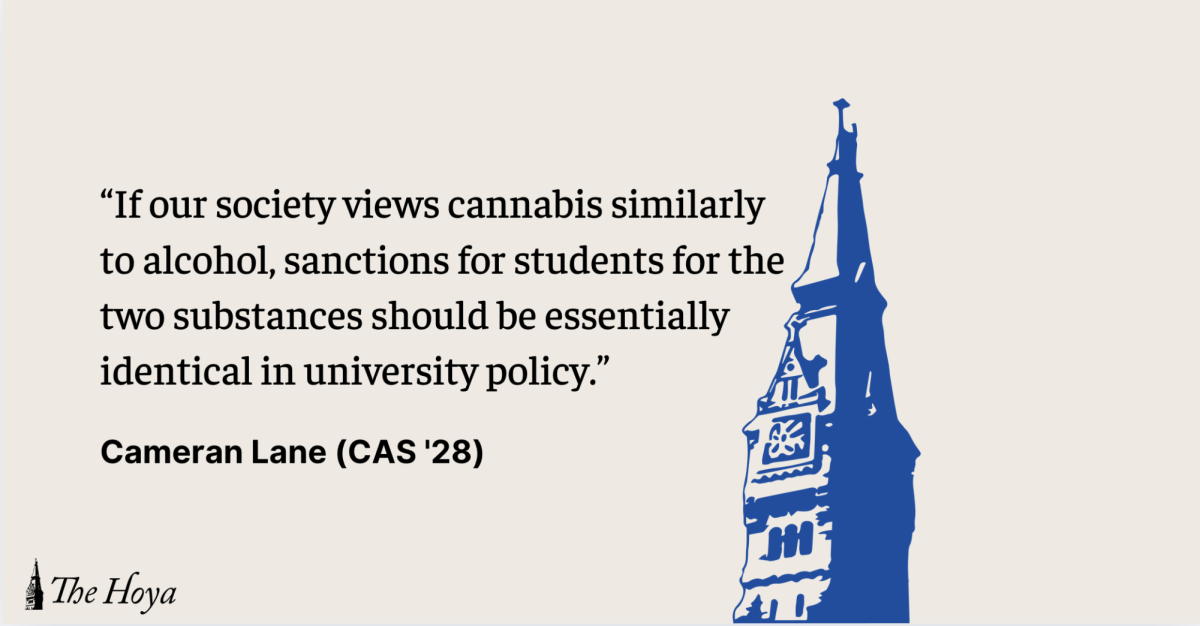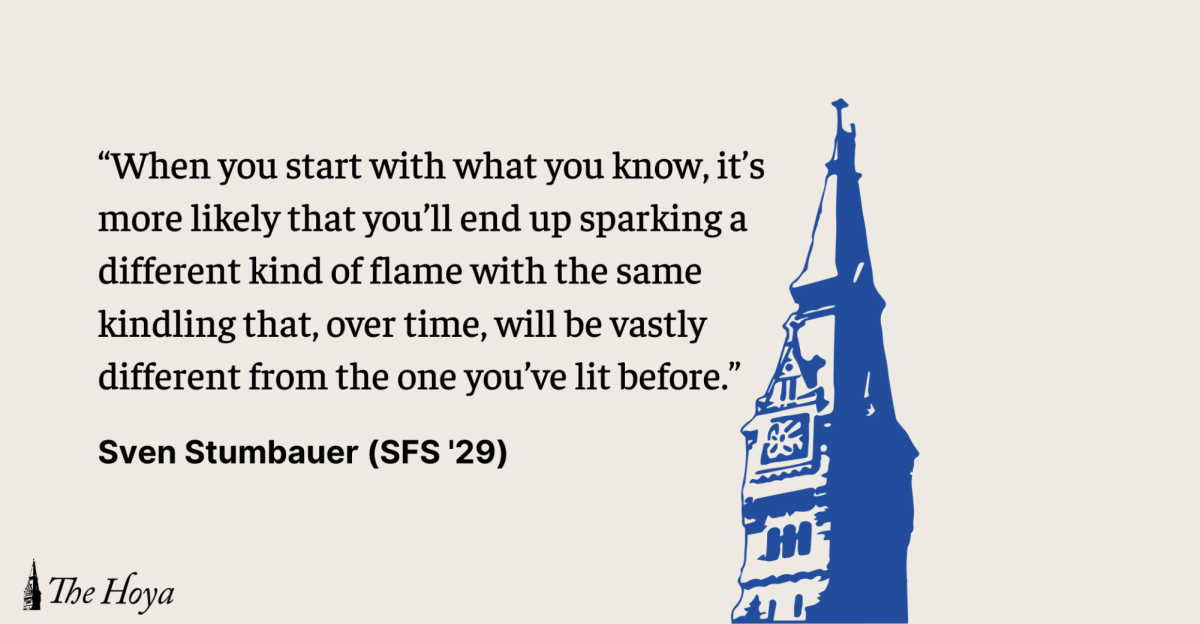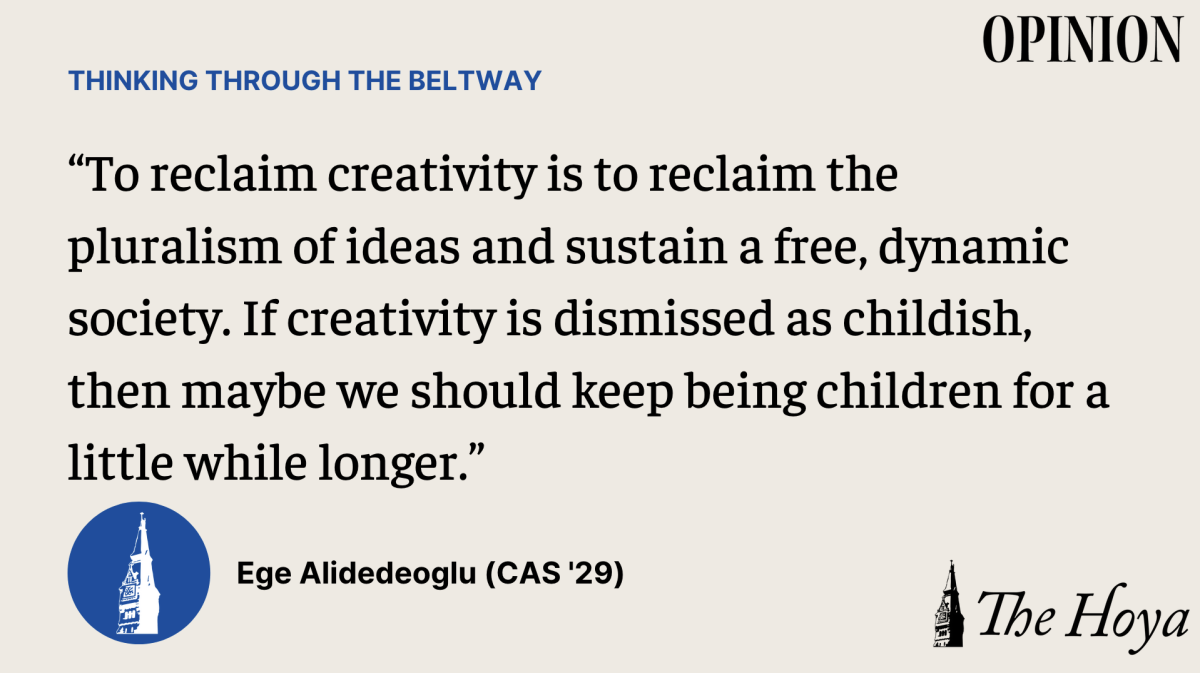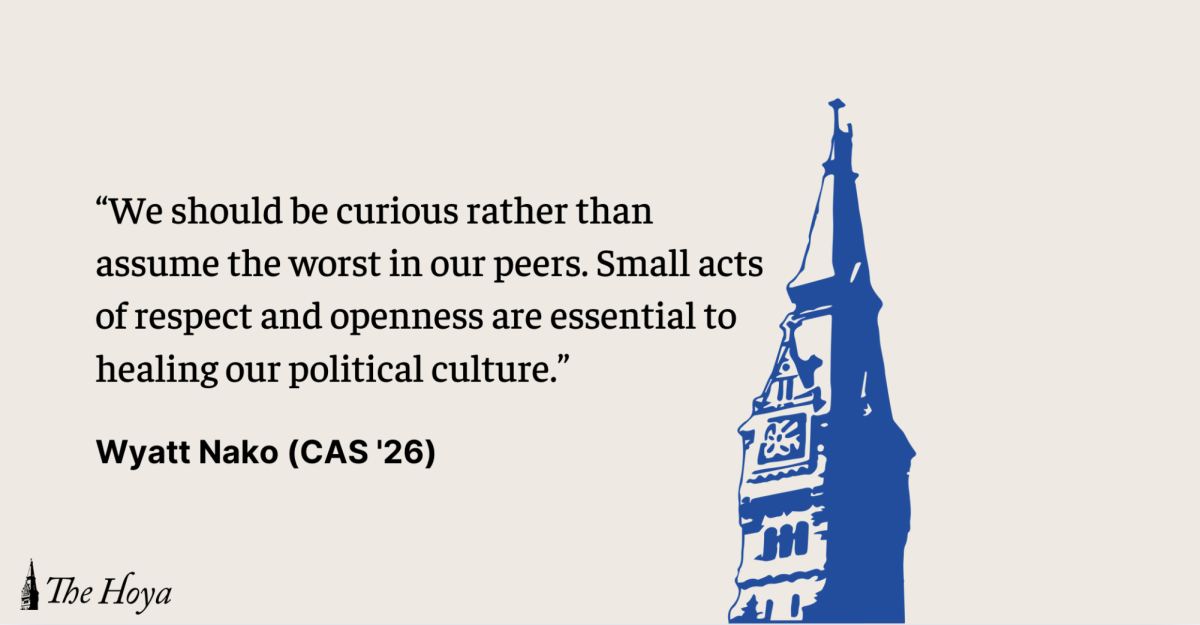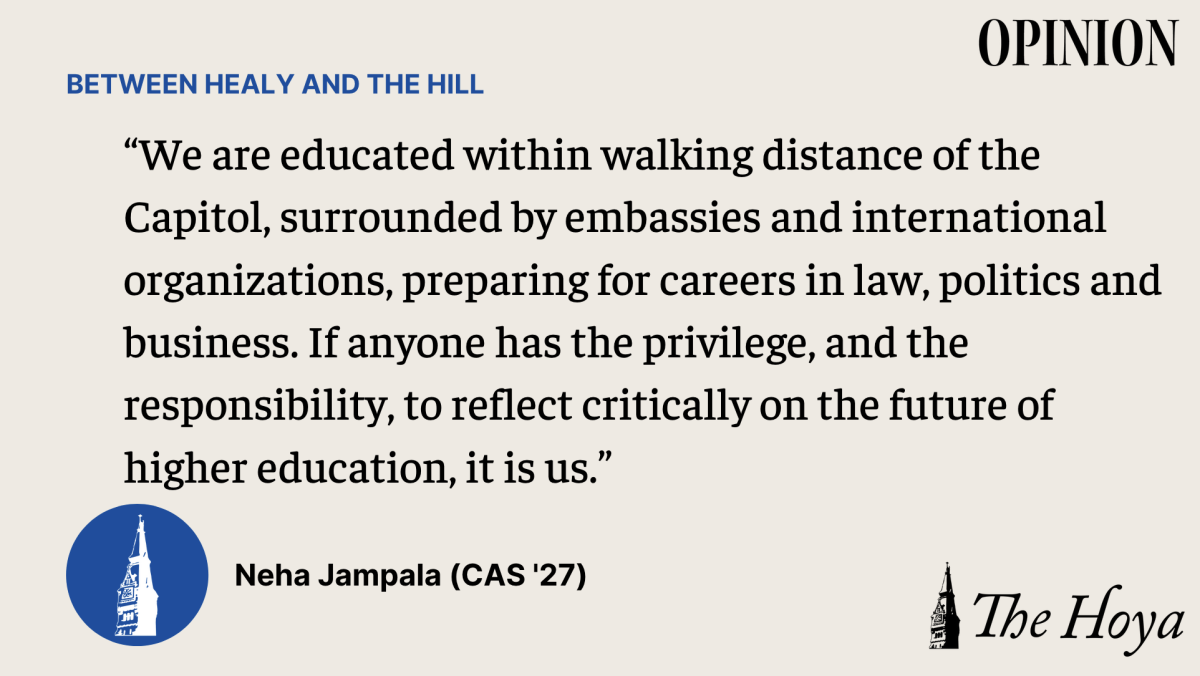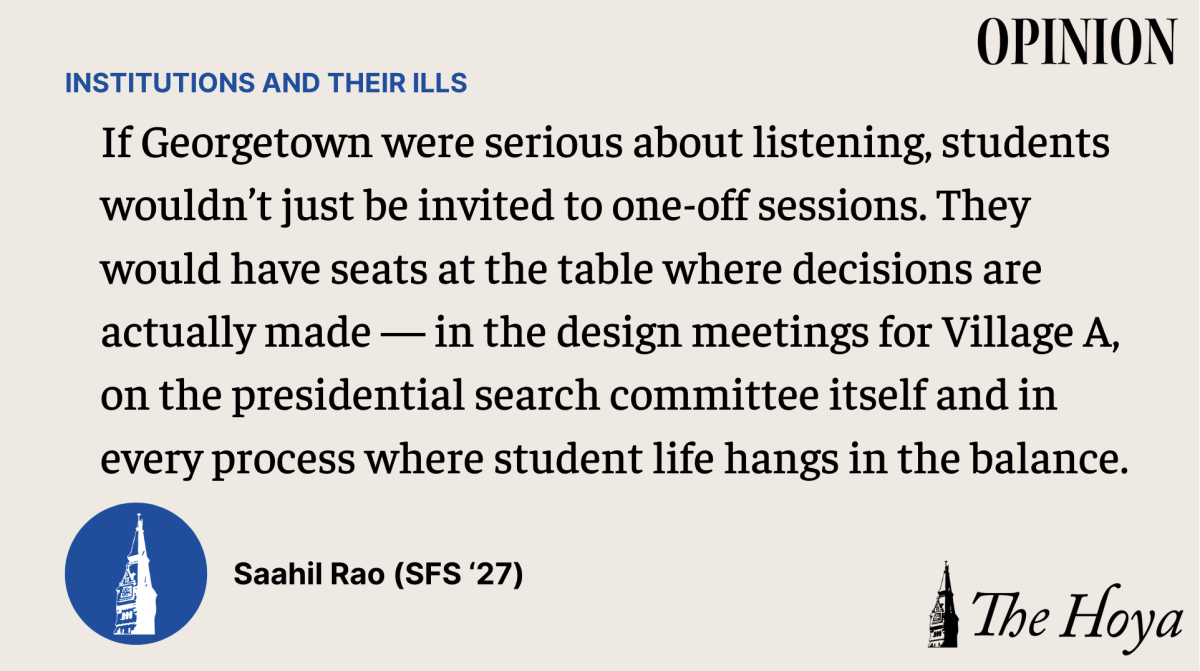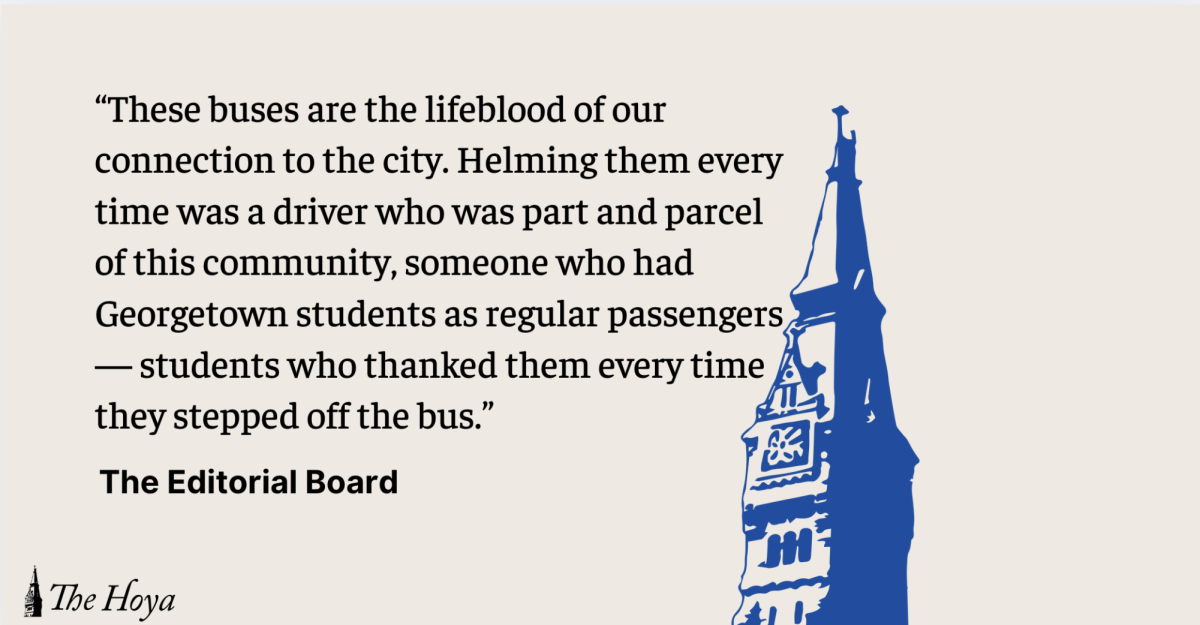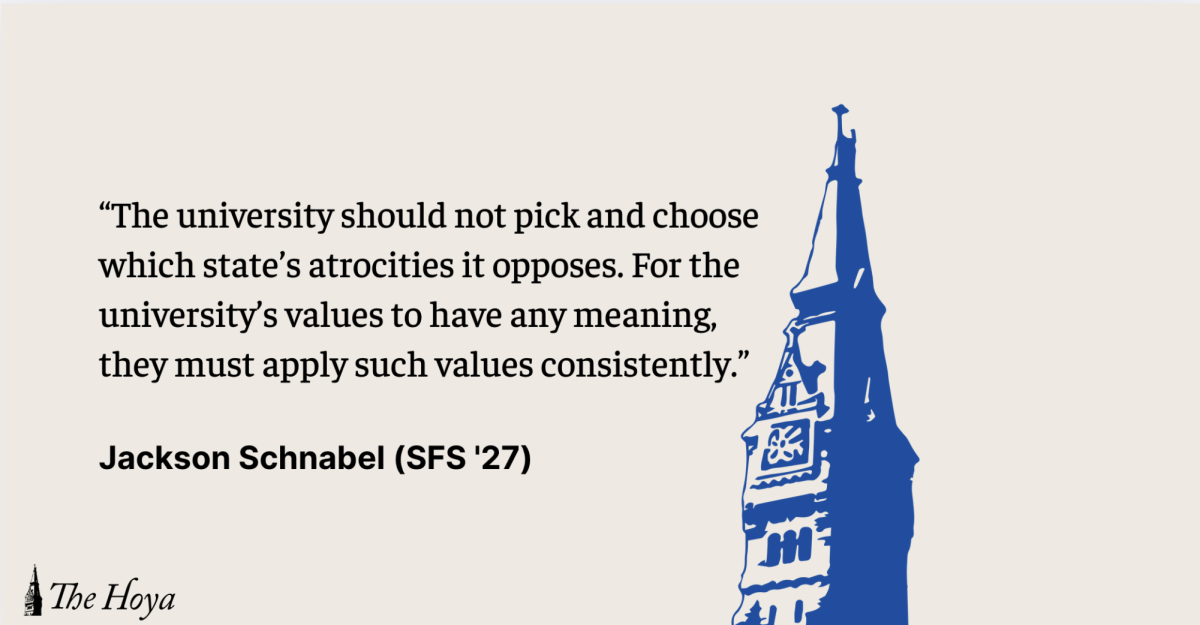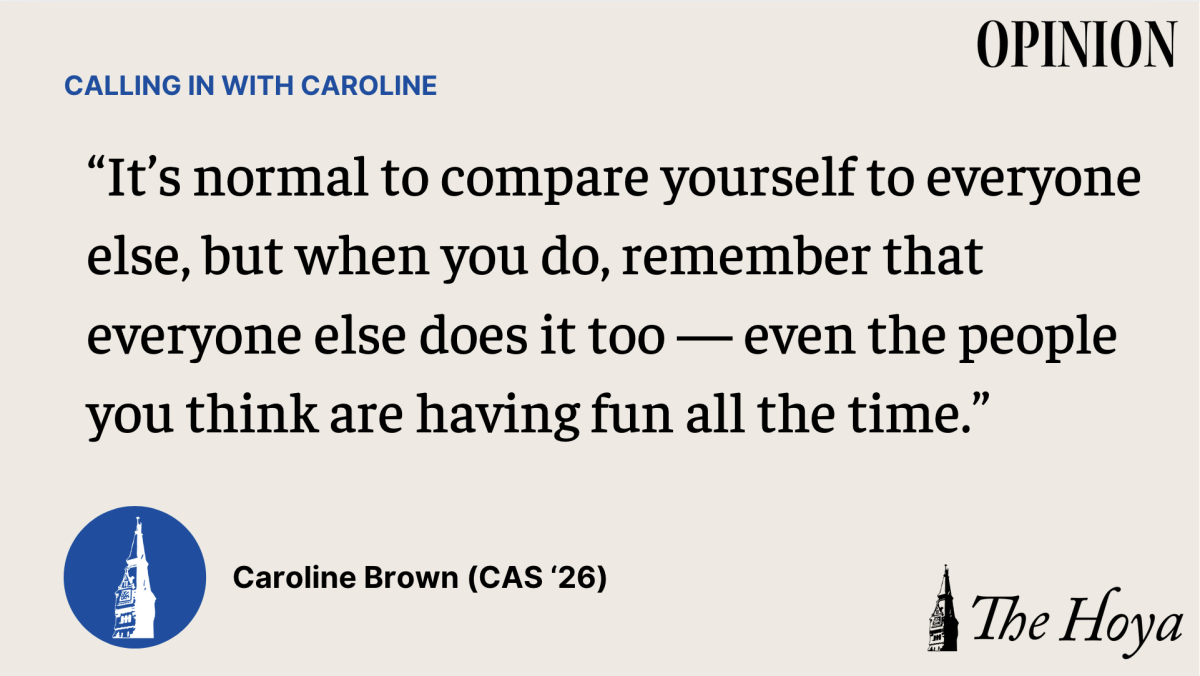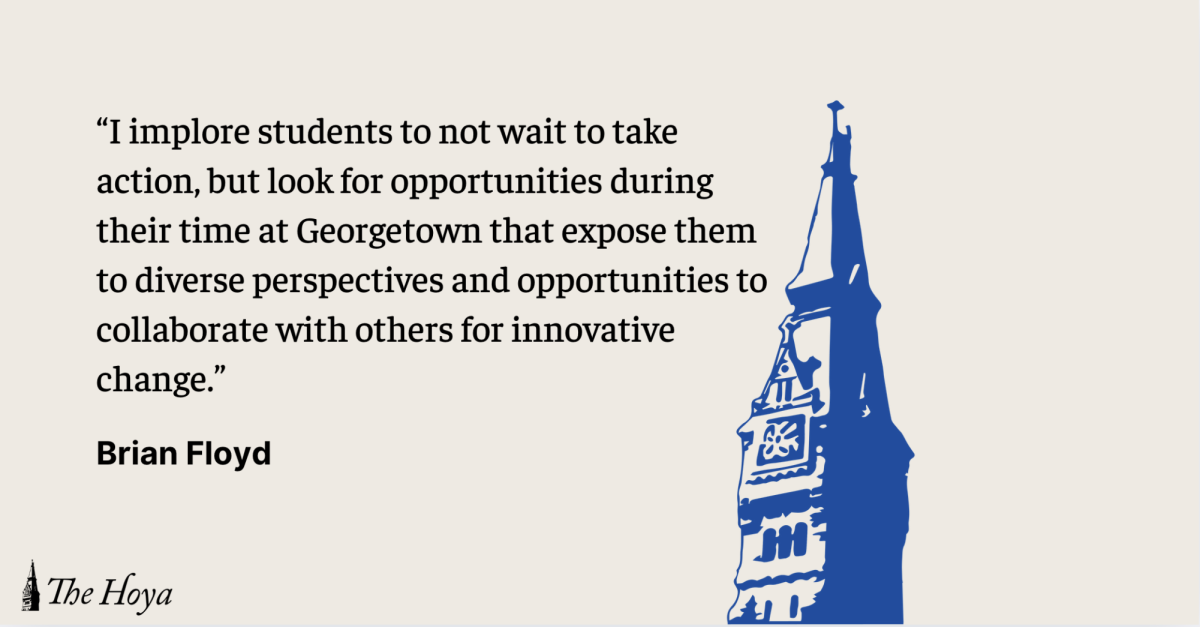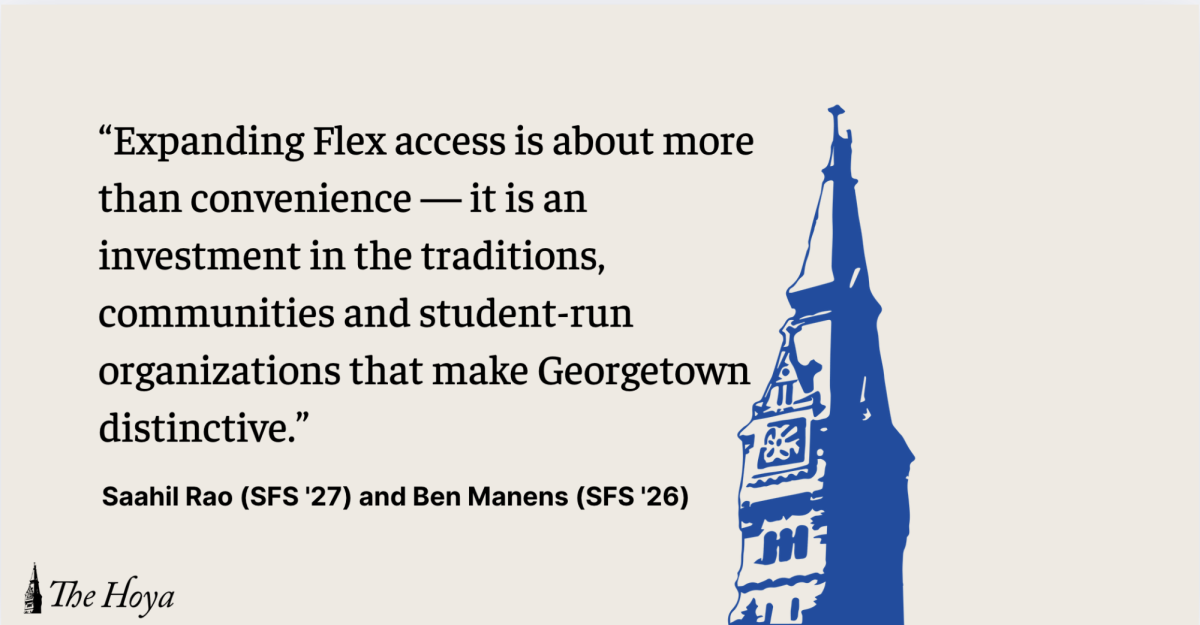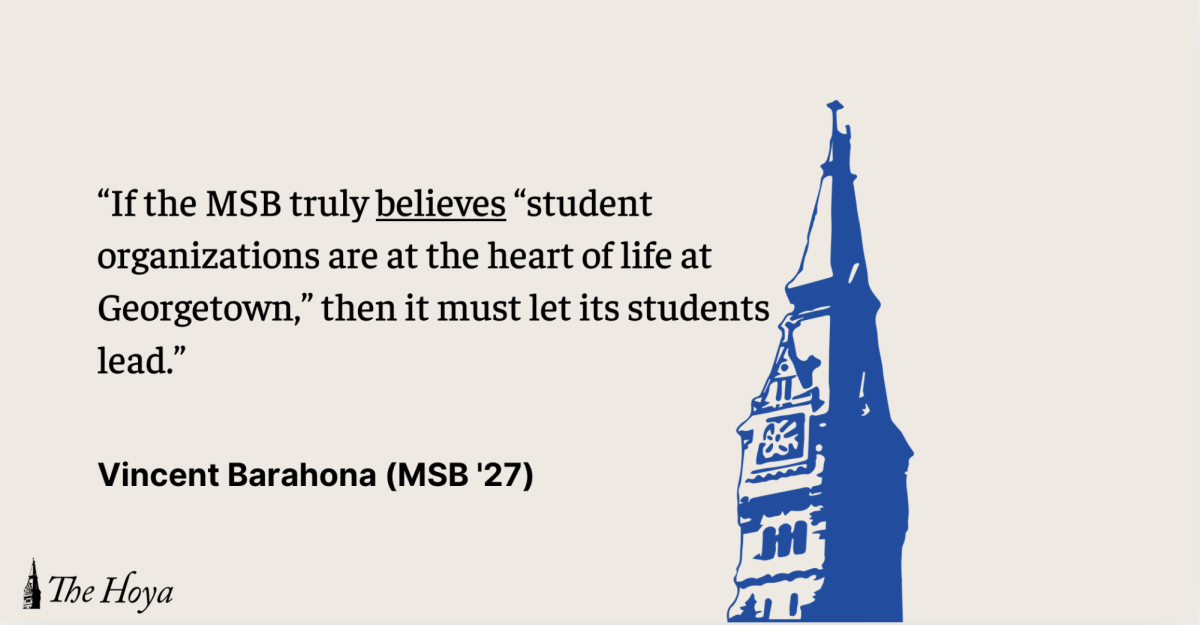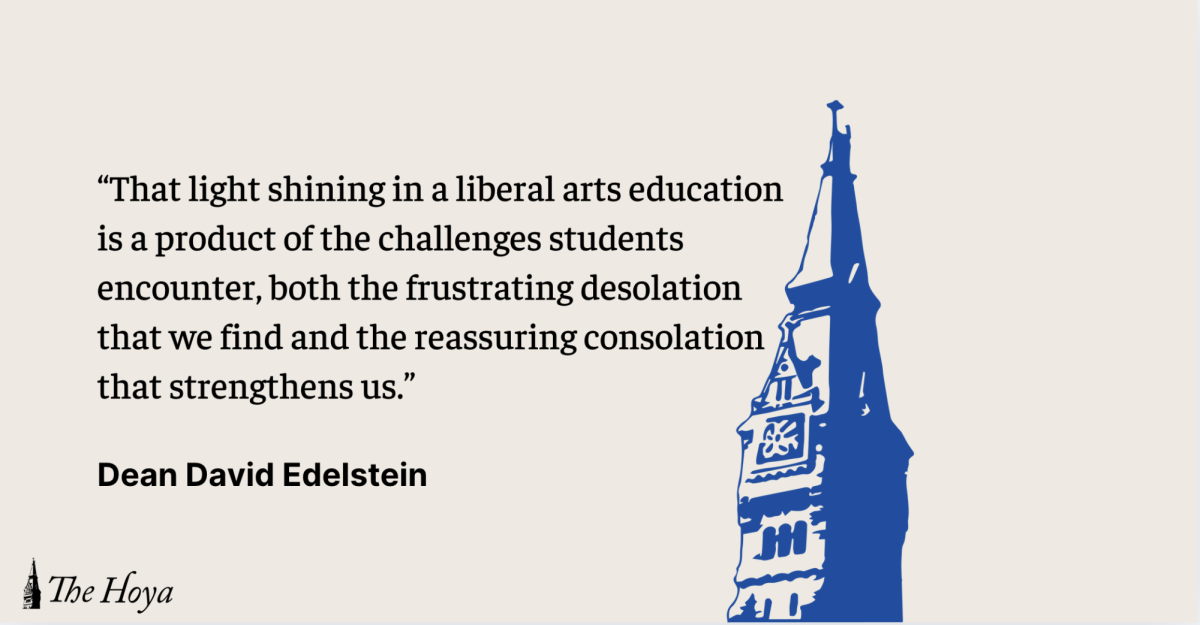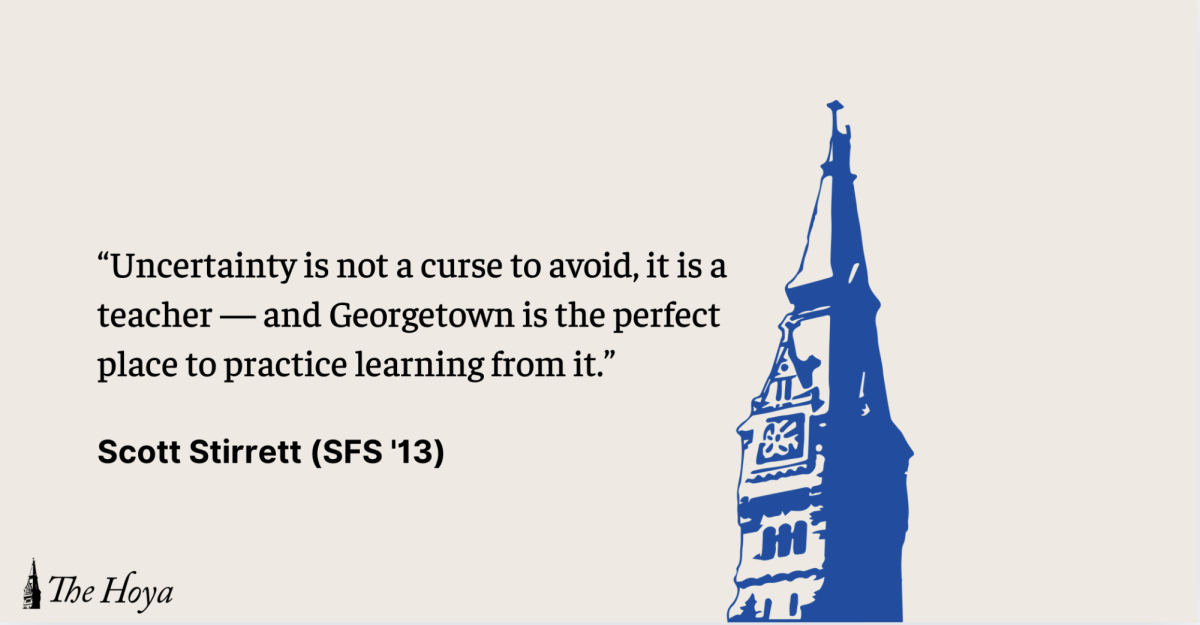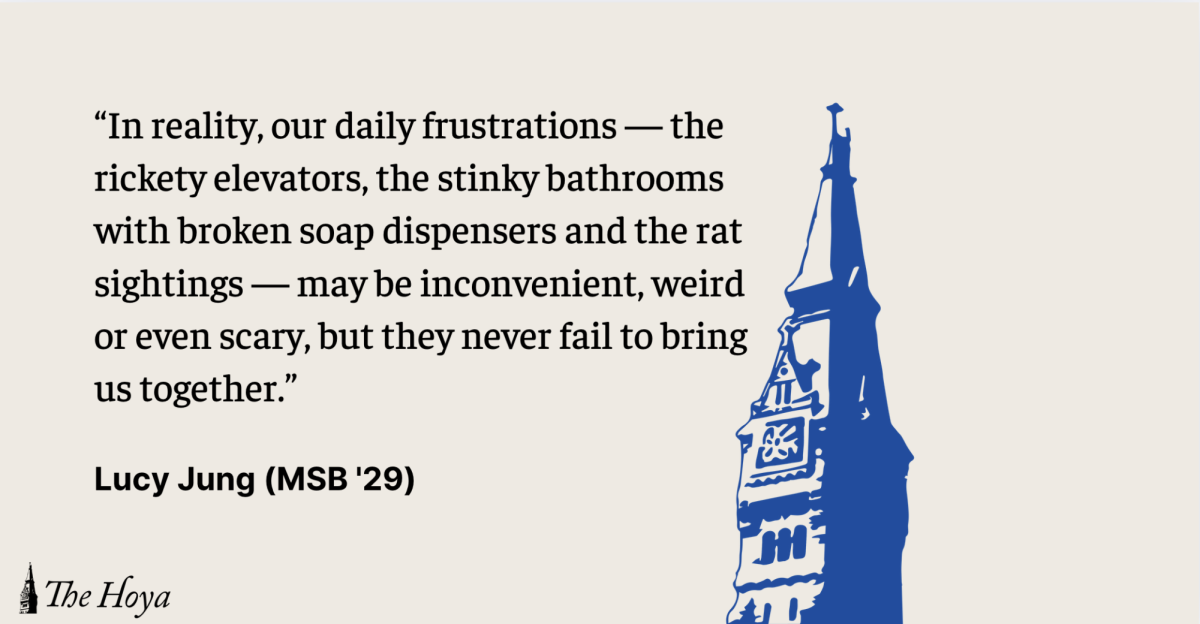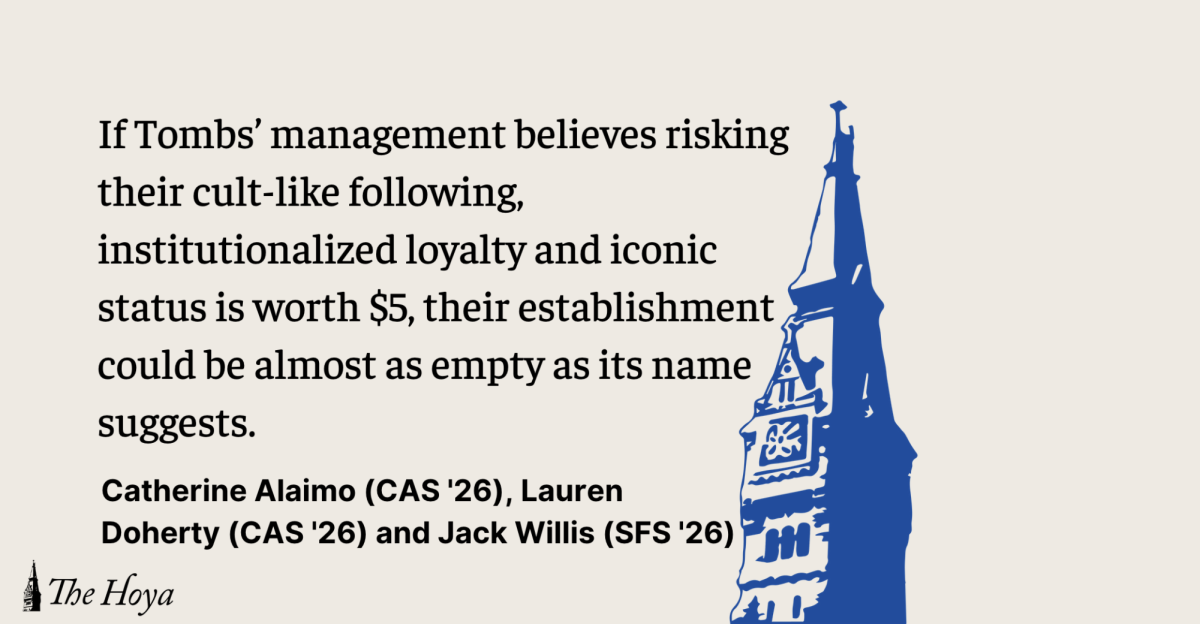The year 2025 begins with many uncertainties about the fate of TikTok. The brief ban and the possibility of another one have spotlighted concerns about national security, digital freedom, the gig economy and social media awareness.
The concerns for an actual ban arose when Congress passed a law, which former President Joe Biden signed in April 2024, requiring TikTok’s China-based owner ByteDance, to sell the app to a U.S. operator by Jan. 19, 2025, or the app would risk becoming banned. However, calls to ban TikTok in the United States began under President Donald Trump during his first term.
TikTok representatives and President Trump have advocated for it to remain open for users in the United States. While the ban went into effect on Jan. 19, it was lifted after President Trump signed an executive order granting TikTok 75 more days to negotiate or sell to a U.S.-based operator. Though the app remains open to users in the United States for now, its future remains unclear.
TikTok’s unsteady future is representative of the broader changes in the media landscape — changes that students at Georgetown University should strive to understand inside and outside the classroom.
As the media landscape evolves, younger generations — including college students — continue to develop their creativity and entrepreneurship. While the power of TikTok in democratizing content creation and fostering community may be lost in the future, our generation’s drive to create and connect will certainly remain.
However, the looming TikTok ban presents a critical opportunity for college students to reflect on their social media habits. It also allows educators to equip students with the tools necessary for responsibly navigating this landscape.
Despite TikTok’s potential ban, social media is here to stay. For all the good it may bring, it continues to sustain and amplify the challenges of misinformation and polarization. We must understand how it works and how we work.
According to Pew Research Center, about four in 10 young adults in the United States get their news from TikTok. This includes college students who may prefer scrolling on TikTok instead of tuning in to a trusted news site. Notably, the app has raised controversy over the years for platforming misleading videos related to COVID-19, school shootings, the presidential election, the Russia-Ukraine war and more.
As the algorithm pushes videos that you interact with, continuous engagement with similar content may result in an echo chamber, which is an environment where people only encounter opinions of their own, while driving political polarization.
As a government major and journalism minor, I often worry about the role of social media in facilitating the spread of misinformation and polarization.
Two of my classes this semester, “The Media Industry” and “Social Media & Political Behavior,” are tackling the implications of social media in both qualitative and quantitative ways. I am gaining insights from a media professional and from a computational social scientist about how TikTok differs from other forms of social media and about the goals and challenges of studying social media behavior.
This knowledge is reshaping how I view social media in my personal life and in the world around me. I am starting to think more critically about the roles of the algorithm and human behavior. For instance, in my first lecture of the “Social Media & Political Behavior” class at the McCourt School of Public Policy, I learned we may be overemphasizing the presence of echo chambers and fake news as being driven solely by the algorithm. The motivation of users matters too.
Students should have classes like these which actively expose students to research papers, expert opinions and fruitful discussions about topics we mistakenly believe we know everything about.
Social media companies and technology giants have total access to our digital footprint and use it to feed us with content that will keep us hooked. It is therefore incredibly important to offer students the opportunity to learn about it from experts and peers in an academic setting, beyond viewing online discourse and relying on personal experiences.
Whether TikTok eventually remains banned or another app emerges, I encourage college students at Georgetown and beyond to gain a deeper understanding of this topic and be responsible consumers of online media. Time and space for understanding social media must be incorporated into the academic discourse at Georgetown.
Priyasha Chakravarti is a senior in the College of Arts & Sciences.



